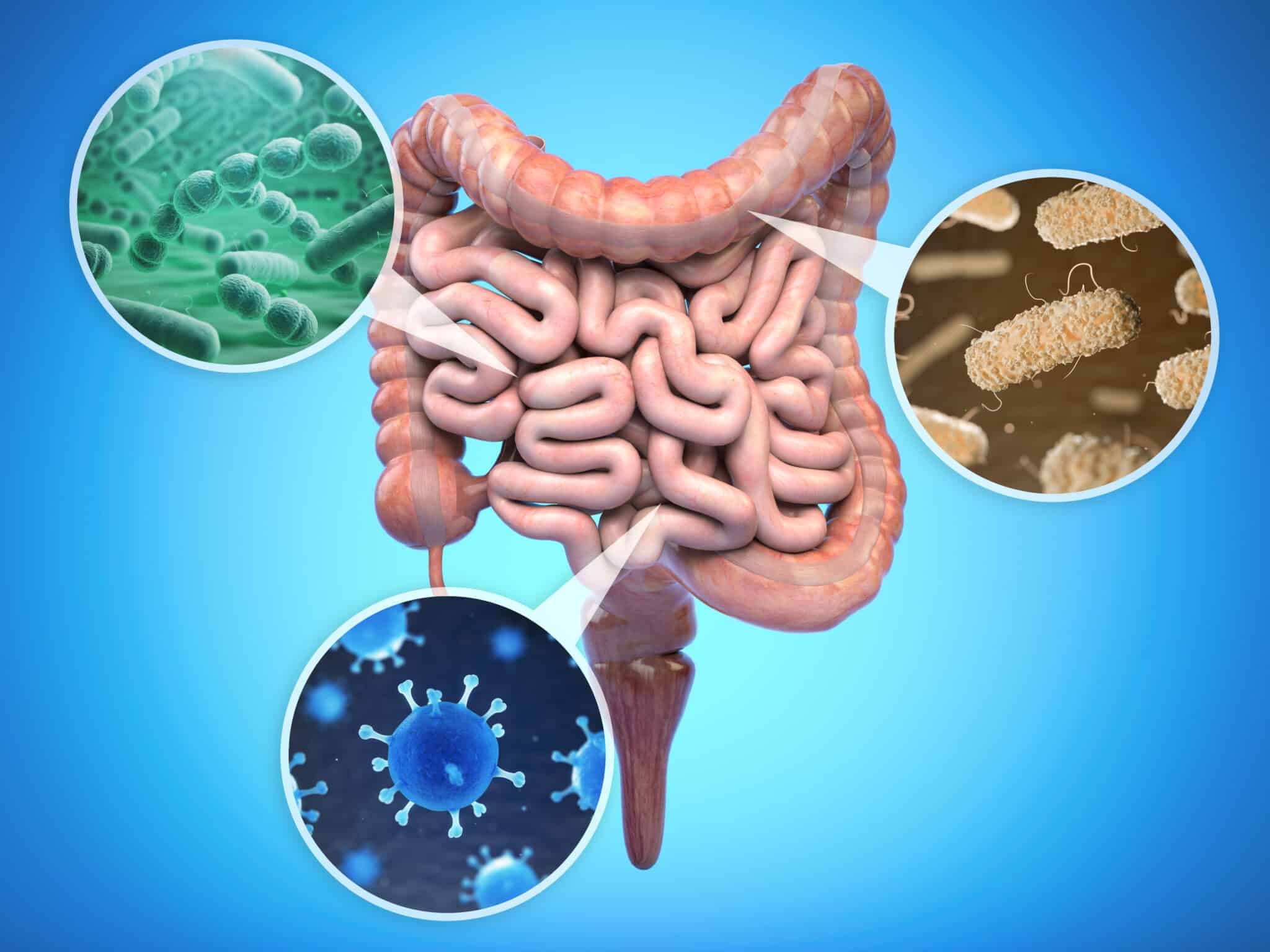
Do Probiotics Help With Colic?
Your precious newborn is healthy, fed, and diaper clean, but has been crying non-stop for hours. You’ve tried everything to calm your infant and nothing works. Crying in a healthy infant is to be expected and usually means that the baby needs you. But prolonged and intense crying in a healthy infant can be symptomatic of colic.
What is Colic?
According to the Mayo Clinic, “Colic is frequent, prolonged and intense crying or fussiness in a healthy infant.” Colic is seen in newborns and usually peaks when an infant is around six weeks old, declining after three to four months of age.1 Colic can be extremely frustrating for parents as the crying and distress appear to be for no reason and consoling doesn’t help calm the infant. While colic does not cause short-term or long-term medical problems for a child, managing colic adds significant stress to caring for your newborn child.
Signs of Colic in Babies
It’s completely normal for infants to fuss and cry. When it comes to colic, the crying goes beyond what you might consider normal crying and is defined as crying for three or more hours a day, three or more days a week, for three or more weeks.1 Here are some of the signs of colic:1
- Intense crying as if in pain
- Crying for no apparent reason
- Extreme fussiness even after crying has diminished
- Crying around the same time each day
- Reddening of the face or paler skin around the mouth when crying
- Pulled up or stiffened legs, stiffened arms, clenched fists, arched back, or tense abdomen
What Causes Colic?
The cause of colic is not completely understood, and it may stem from numerous contributing factors such as:1,2
- Imbalance or low counts of healthy bacteria in the digestive tract
- Digestive system that isn’t fully developed
- Food allergies or intolerances
- Overfeeding, underfeeding, or infrequent burping
- Early form of childhood migraine
- Family stress or anxiety
- Gas
- Hormones that cause belly pain or crankiness
- Over-stimulation or sensitivity to light, noise, etc.
While the cause of colic isn’t fully known, new studies are beginning to suggest that colic low counts of intestinal lactobacilli — a species of probiotics or “good” bacteria associated with good gut health — may play a role in colic and there is documented proof of improved symptoms after the use of probiotics compared with treatment with simethicone, an anti-gas medication.3,4
Can Probiotics Help Manage Colic?
In the past, since there has been no known cause for treating colic, there has been no defined treatment, but rather suggestions to help your baby with colic. And if you’ve been dealing with an infant with colic, you’ve probably tried all of the recommended steps to help soothe and comfort your child like:2
- Making sure they’re not hungry.
- Swaddling them
- Taking them for car rides or putting them in a swing or vibrating seat
- Using white noise
- Changing their body positions, rocking them, or massaging their back
- Talking to your doctor about medications you’re taking if breastfeeding
But based on research that has shown that probiotics can help manage colic, you may consider a high-quality probiotic like Floradapt™ Baby Colic to soothe your colicky baby. Probiotics can reduce pain in the gut and, consequently, the factors that contribute to colic by changing the gut flora and reducing gut inflammation.5
It’s important to understand that not all probiotic formulas are created equally. Our Baby Colic probiotics is a patented probiotic formula clinically shown to support a healthier microflora, which helps to improve the symptoms of colic in infants and reduce the amount of crying time. A healthier GI helps keep your baby happy.
[1] https://www.mayoclinic.org/diseases-conditions/colic/symptoms-causes/syc-20371074
[2] https://www.webmd.com/parenting/baby/what-is-colic#1
[3] https://www.ncbi.nlm.nih.gov/pmc/articles/PMC3183958/
[4] https://www.webmd.com/vitamins/ai/ingredientmono-790/lactobacillus
[5] https://www.webmd.com/vitamins/ai/ingredientmono-790/lactobacillus


